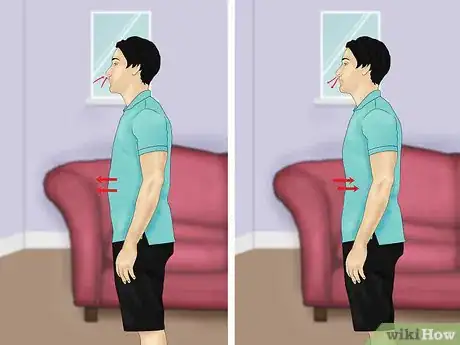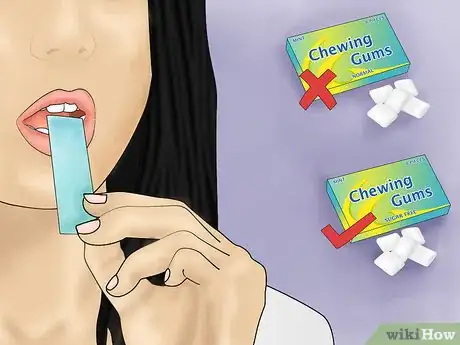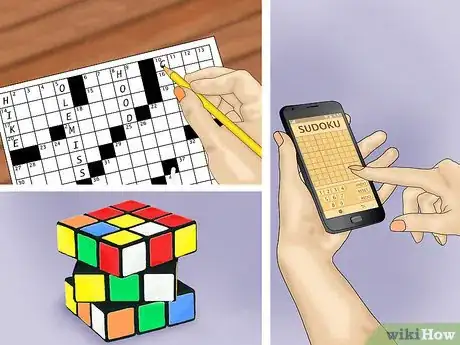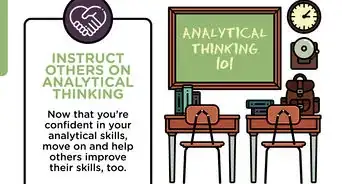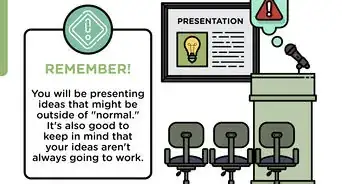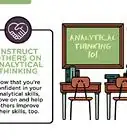This article was co-authored by Michael Lewis, MD, MPH, MBA, FACPM, FACN. Michael D. Lewis, MD, MPH, MBA, FACPM, FACN, is an expert on nutritional interventions for brain health, particularly the prevention and rehabilitation of brain injury. In 2012 upon retiring as a Colonel after 31 years in the U.S. Army, he founded the nonprofit Brain Health Education and Research Institute. He is in private practice in Potomac, Maryland, and is the author of "When Brains Collide: What every athlete and parent should know about the prevention and treatment of concussions and head injuries." He is a graduate of the U.S. Military Academy at West Point and Tulane University School of Medicine. He completed post-graduate training at Walter Reed Army Medical Center, Johns Hopkins University, and Walter Reed Army Institute of Research. Dr. Lewis is board certified and a Fellow of the American College of Preventive Medicine and American College of Nutrition.
There are 12 references cited in this article, which can be found at the bottom of the page.
wikiHow marks an article as reader-approved once it receives enough positive feedback. In this case, several readers have written to tell us that this article was helpful to them, earning it our reader-approved status.
This article has been viewed 377,757 times.
Having trouble with your thinking skills? Here are some tips to improve your thinking skills.
Steps
-
1Take some breathing exercises. The best way to breath is to take it from your belly.[1] Many people do not know this mode of breathing. Take several slow breaths from your belly. Stomach breathing activates your brain. It helps you to improve your thinking skills and memory.
- Deep breathing also increases the oxygen flow to your brain cells. As a result they become more active.[2]
-
2Studies also have shown that Chewing gum also can help you improve you thinking skills.[3] The act of chewing gum increases the flow of blood to your brain. People chewing gum are able to concentrate better and remember new information better. It is good to use sugar free gum to avoid any side effects.[4]Advertisement
-
3You can also try arm circles. It is good to go to a place where no one can see you. It is enough to do 10-15 set of arm circles. To do an arm circle, just extend your arm straight out to the front. Then swing your arm all the way behind you and back to the front.[5] Always keep your elbow blocked while performing these exercises. It will increase you heart rate which is considered good for your brain.
-
4Make use of some brain games. Puzzles and brainteasers force your mind to get in active mode. The various types like crossword puzzles, Sudoku, etc can be made use of for this purpose.[6]
-
5Drink enough water. Don't go for sodas, colas or coffee. Don't eat chocolate or sweets. They'll decrease your ability to concentrate and remember things. It is said that many people are dehydrated all the time and don't realize it. Your brain is easily affected by it.[7] Therefore, make sure that you drink enough water.[8]
-
6Having too much food that contains fat or sugar will badly affect your thinking skills. Taking not meals can make you tired. Therefore, eat a small, balanced meal. Include foods that help the brain operate well, such as fish, vegetables, and whole grains.[9]
- Adopt a Mediterranean-style diet, as its the only diet plan that's ever been shown to be good for your brain as far as preserving cognition.
-
7When you are trying to study try using all the senses. The different parts of your brain remember different sense impressions. For example images are stored in one area and sounds in another.[10]
-
8When you study new information, set a timer. Allot only a specific amount of time to learn the material. You can again subdivide them. Maybe something like this, 10 minutes to read, 20 minutes to review and 10 minute to recite. It will force you to focus because you know that your time is limited.[11]
Warnings
- Seek to succeed rather than entertaining thoughts of failure.⧼thumbs_response⧽
References
- ↑ https://www.uofmhealth.org/health-library/uz2255
- ↑ https://greatergood.berkeley.edu/article/item/what_focusing_on_the_breath_does_to_your_brain
- ↑ https://www.sciencedaily.com/releases/2013/03/130308093933.htm
- ↑ https://health.clevelandclinic.org/is-chewing-gum-bad-for-you/
- ↑ https://www.youtube.com/watch?v=MY0Wx6hSdMs
- ↑ https://www.sciencedaily.com/releases/2019/05/190516082349.htm
- ↑ https://my.clevelandclinic.org/health/treatments/9013-dehydration
- ↑ https://www.psychologytoday.com/us/blog/you-illuminated/201010/why-your-brain-needs-water
- ↑ https://www.health.harvard.edu/healthbeat/foods-linked-to-better-brainpower
